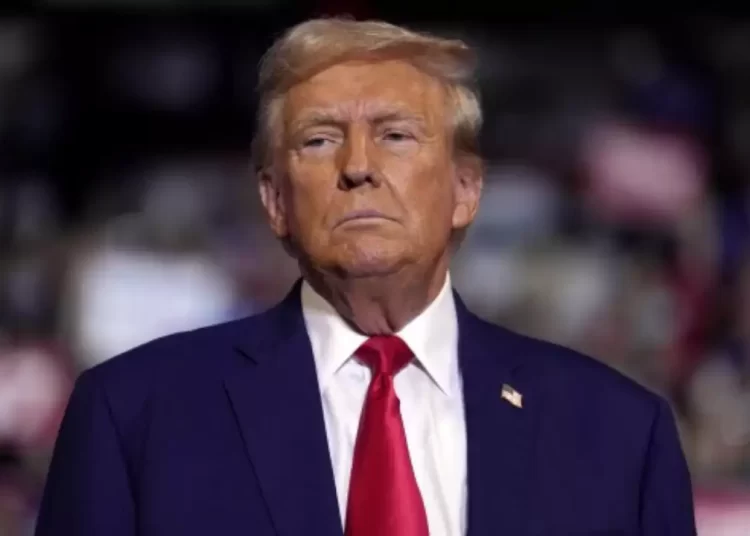In a strategic move to align with the new Trump administration’s stringent immigration policies, India is preparing to repatriate its citizens living illegally in the United States. This initiative comes as President Trump seeks to fulfill his campaign promises to reduce immigration and deport individuals residing in the country without proper documentation.
Heightened tension among undocumented immigrants
According to a report by Bloomberg, around 18,000 Indians have been identified for deportation, although the actual number of undocumented Indians in the U.S. remains uncertain, potentially increasing this figure. The swift actions of the Trump administration have left many undocumented immigrants, including those on temporary visas, feeling anxious and vulnerable. Just hours after taking office, Trump took significant measures, such as shutting down the CBP One app, which facilitated legal entry for immigrants and granted them work eligibility. Additionally, he abolished birthright citizenship and declared a national emergency at the U.S.-Mexico border, mobilizing troops to deter illegal migration.
The Indian diaspora in the U.S.
Indians constitute one of the largest diaspora communities in the United States. They represent a significant portion of H-1B visa holders, a program that allows U.S. employers to hire foreign workers in specialized fields. In 2023, Indians accounted for approximately three-quarters of the 386,000 H-1B visas issued, highlighting their critical role in the U.S. workforce. Despite this, India ranks lower than neighboring countries like Mexico and Venezuela in terms of illegal immigration.
The reported figure of 18,000 Indians slated for deportation aligns with statistics from the U.S. Immigration and Customs Enforcement (ICE). In November 2024, ICE data revealed that around 17,940 Indians were among 1.45 million individuals facing deportation from the U.S. This group includes those with final orders of removal who are not currently in ICE custody but are awaiting deportation.
India’s position in undocumented immigration
Furthermore, India ranks 13th among Asian nations contributing to the number of undocumented immigrants in the United States. According to the same report, China leads the chart with 37,908 undocumented individuals. As the Trump administration intensifies its crackdown on illegal immigration, the implications for Indian citizens in the U.S. could be profound, affecting countless families and communities.
As this situation unfolds, both the Indian government and those affected by the policies will have to navigate the complex realities of immigration and international relations in a rapidly changing political landscape.








 India
India












